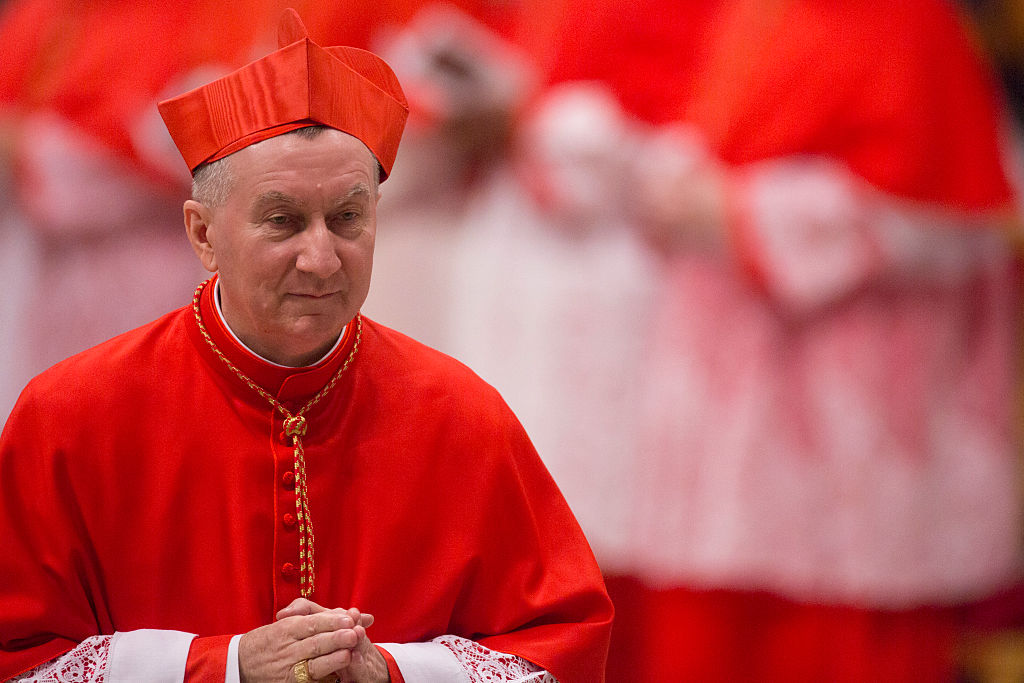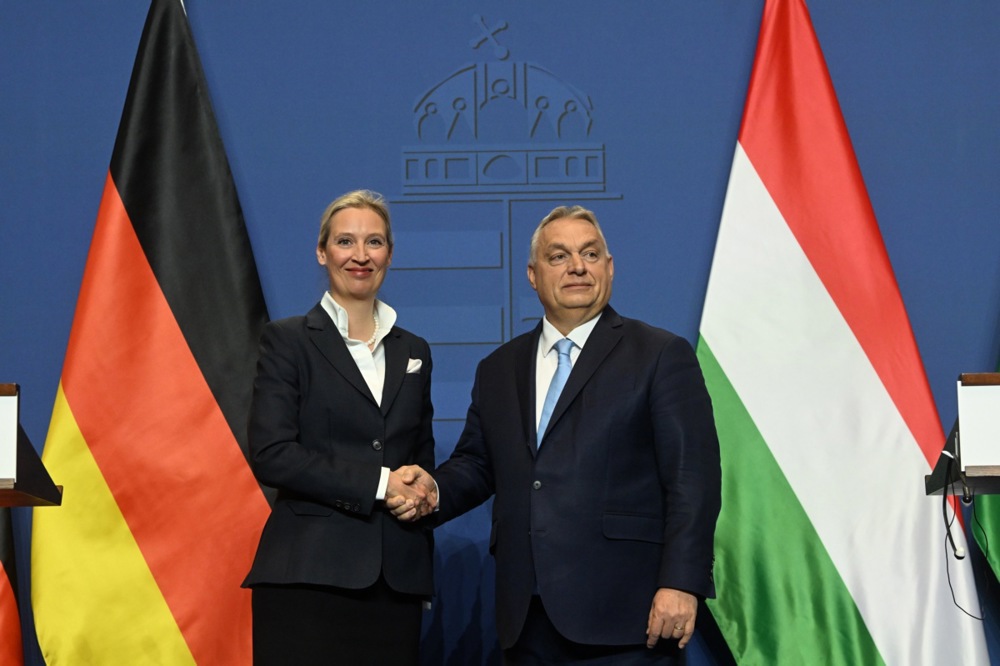The news from Prague unsettles Brussels. Andrej Babiš is back, prime minister once more. A billionaire businessman turned politician, branded “eurosceptic” and “populist”, he now leads Czechia in a Europe already upset by rebellion. Inevitably, the question echoes across the corridors of the Berlaymont: Will Babiš become another Viktor Orbán, ie, another thorn in the side of the postmodern European beast?
The temptation to draw a comparison between the two men is obvious. National conservatism is on the march. From Budapest to Bratislava, from Paris to Berlin, the European Union’s political centre of gravity is shifting. The soulless technocratic consensus that defined the Merkel-Juncker era is collapsing under the consequences of its illusions: Open borders, green dogma, gender ideology and the endless war in Ukraine. Voters have had enough.
In Hungary, Orbán has made defiance a doctrine. For fifteen years, he has resisted Brussels’ moral imperialism, defended his borders and refused to commit national suicide on the altar of “European solidarity”. In Slovakia, Robert Fico has returned to power promising peace, not escalation, with Moscow. His first act was to halt weapons deliveries to Ukraine – a gesture that horrified the Euro-Atlantic establishment but was hailed by ordinary Slovaks.
Together, Budapest and Bratislava have become the heart of a counter-Europe: Pragmatic, traditional, sceptical of both globalism and permanent war. Elsewhere, the same current gathers strength. Across Europe more and mote people defend national sovereignty, reject mass immigration, question the Green Deal folly.
In France, Marine Le Pen’s National Rally has become the country’s dominant political force, outpolling Macron’s liberals by double digits. In Germany, the Alternative für Deutschland is the second-strongest party nationwide, despite censorship and institutional harassment. Italy already has Giorgia Meloni. In the Netherlands, Geert Wilders’ Freedom Party leads the polls. The Polish Conservatives are a European force to be reckoned with.
This is not a coincidence. A political generation that grew up believing in an “ever-closer union” now confronts the cost: Stagnating economies, collapsing birth rates, energy poverty and the erosion of democratic principles and liberties. The people who built Europe’s factories and fed its cities are being told that diesel, livestock and cash are sins. They are no longer listening.
Enter Babiš. His ANO movement has capitalised on this fatigue, railing against Brussels’ overreach and promising to put Czech interests first. Yet Babiš is not Orbán. He is set to lead a minority government, dependent on unreliable partners. His authority will be checked by President Petr Pavel, a NATO loyalist and darling of the liberal media. And unlike Orbán, Babiš is a businessman whose fortune depends on stable relations with key EU markets. For him, open conflict with Brussels is bad for business.
That does not mean he will simply comply, though. Expect friction over climate regulations, migration quotas and the Ukraine war. Expect a more assertive voice on energy policy and a renewed defence of the Czech industry. But do not expect the revolutionary thrust of Budapest. Babiš’s power will most probably be more transactional, than ideological – a balancing act between domestic politics and European pragmatism.
Still, even a moderate Babiš matters a lot. Every new national conservative government, however restrained, widens the space for objection inside the Union. It makes it harder for Brussels to enforce doctrines through blackmail and funding threats. It challenges the post-Lisbon idea that sovereignty is outdated and resistance futile. The more governments question this, the less sustainable the illusion becomes.
So, will Andrej Babiš become a new Orbán? No, he will not. But this is exactly the point. There can be no second Viktor Orbán, because he is a singular historical figure: A leader forged in the ruins of communism who made defiance his trademark, suggesting an alternative way for Europe. One that Babiš too, in his own fashion, may now walk. Orbán cleared the path. Others will choose how far to follow it. Our cultural and demographic survival could not possibly be a one man show.





Dollars and the old clerical flaws: does Leo XIV have questions to answer?